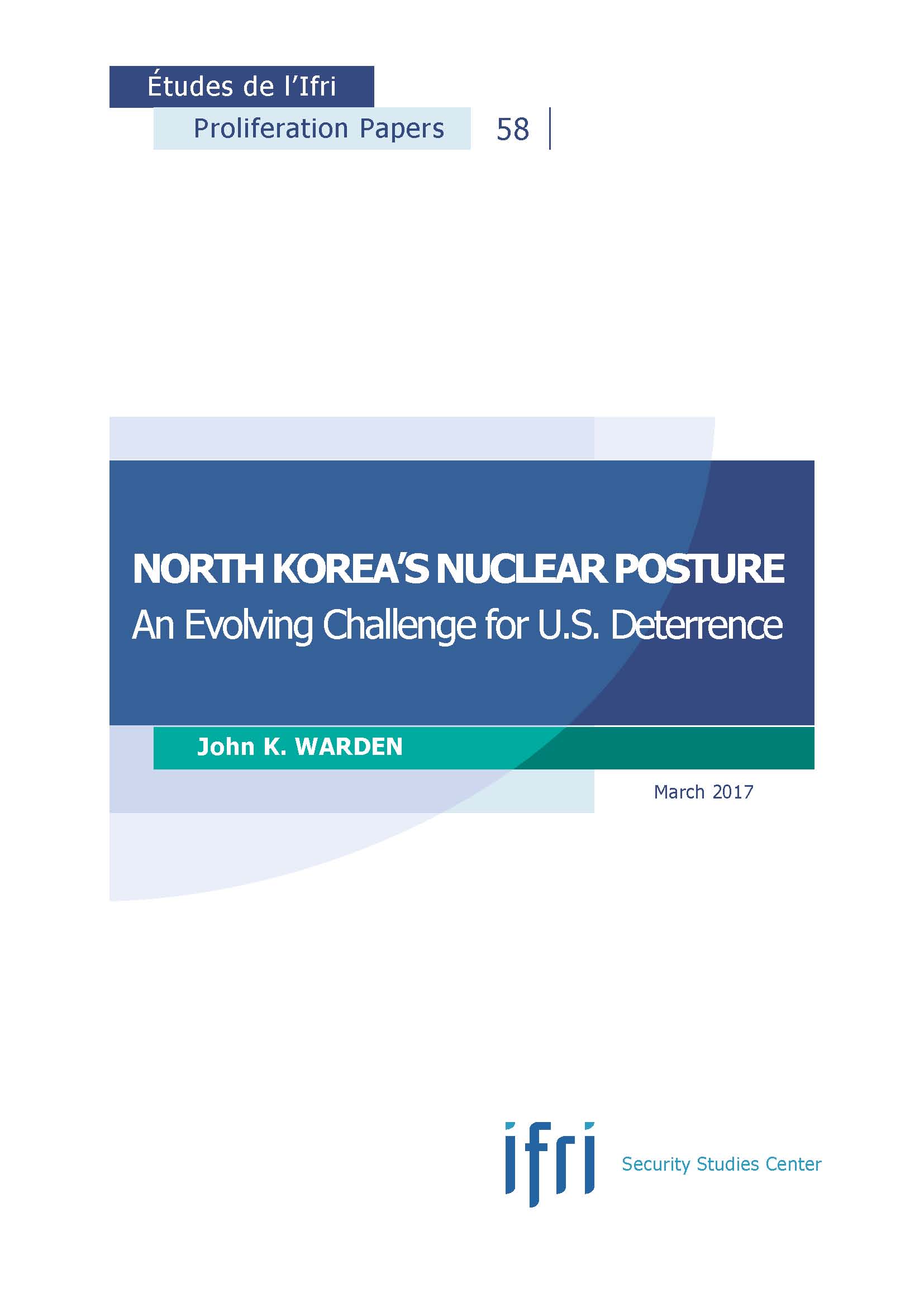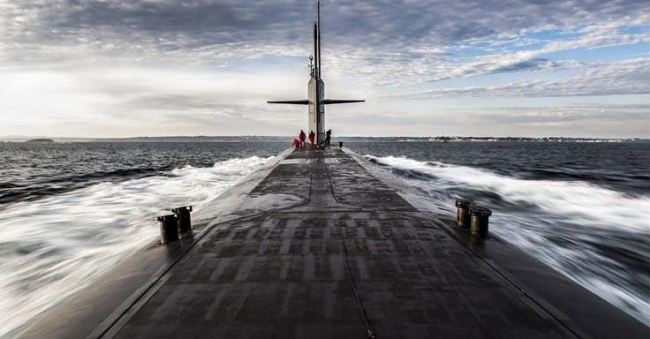North Korea's Nuclear Posture: an Evolving Challenge for U.S. Deterrence

A more capable, nuclear-armed, North Korea will pose very substantial challenges to the U.S. deterrence posture.
While North Korea’s nuclear program already serves multiple functions in its security strategy, it is likely to acquire an even greater role over the coming years. Once the regime deploys more advanced nuclear weapons and ballistic missiles, it might be tempted to pursue a revisionist agenda focusing either on the reunification of the Korean peninsula or on more limited aims. In support of such ambitions, Pyongyang may develop a theory of victory relying on the threat of nuclear escalation to deter enemies from pursuing regime change and to compel them to accede to its demands. As North Korea’s capabilities mature, the United States, South Korea, and Japan will need to articulate a comprehensive approach to deterring Pyongyang while managing their differences to respond to North Korea’s behavior during peacetime, crisis, and conflict. To deter Pyongyang, coordination is key, hence the need for the United States and its allies to adopt a layered deterrence strategy and determine courses of action that, if pursued vigorously and carefully, would increase their chances of containing a nuclear-armed North Korea and avoiding nuclear war.

Available in:
Regions and themes
Share
Download the full analysis
This page contains only a summary of our work. If you would like to have access to all the information from our research on the subject, you can download the full version in PDF format.
North Korea's Nuclear Posture: an Evolving Challenge for U.S. Deterrence
Related centers and programs
Discover our other research centers and programsFind out more
Discover all our analysesMapping the MilTech War: Eight Lessons from Ukraine’s Battlefield
This report maps out the evolution of key technologies that have emerged or developed in the last 4 years of the war in Ukraine. Its goal is to derive the lessons the North Atlantic Treaty Organization (NATO) could learn to strengthen its defensive capabilities and prepare for modern war, which is large-scale and conventional in nature.
"Iron Swords" A Military Analysis of Israel's War in Gaza
On October 7, 2023, Hamas' attack, dubbed “Al-Aqsa Flood,” caused a major shock and led Israel to launch the longest war in its history. Operation “Iron Swords” was notable for its unprecedented intensity, both in terms of the massive ground forces deployed and the firepower used.
Saudi Arabia’s Nuclear Temptations. Lessons Learned from Regional Instability
Saudi Arabia’s integration in the international arena and regional stability, notably through reducing its dependence on fossil energies, are crucial elements for the success of the Kingdom’s Vision 2030, the Crown Prince’s top priority. However, Mohammed bin Salman’s declarations in 2018 and 2021, indicating that “if Iran develops a nuclear bomb, we will follow suit as soon as possible”, combined with the recent strikes on key Iranian nuclear facilities, do not bode well for the future of the Kingdom, the region and the non-proliferation regime at large.
The Future of Air Superiority. Command of the Air in High Intensity Warfare
Air superiority, understood as control of the air, is a cornerstone of the Western art of warfare. It is a decisive condition, albeit not sufficient by itself, to achieve military victory, as it enables the concentration of air power toward the achievement of wider strategic objectives and protects other components from unbearable attrition levels. It is best achieved through the offensive use of air power in a joint effort to neutralize the enemy’s air power.










